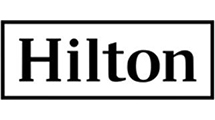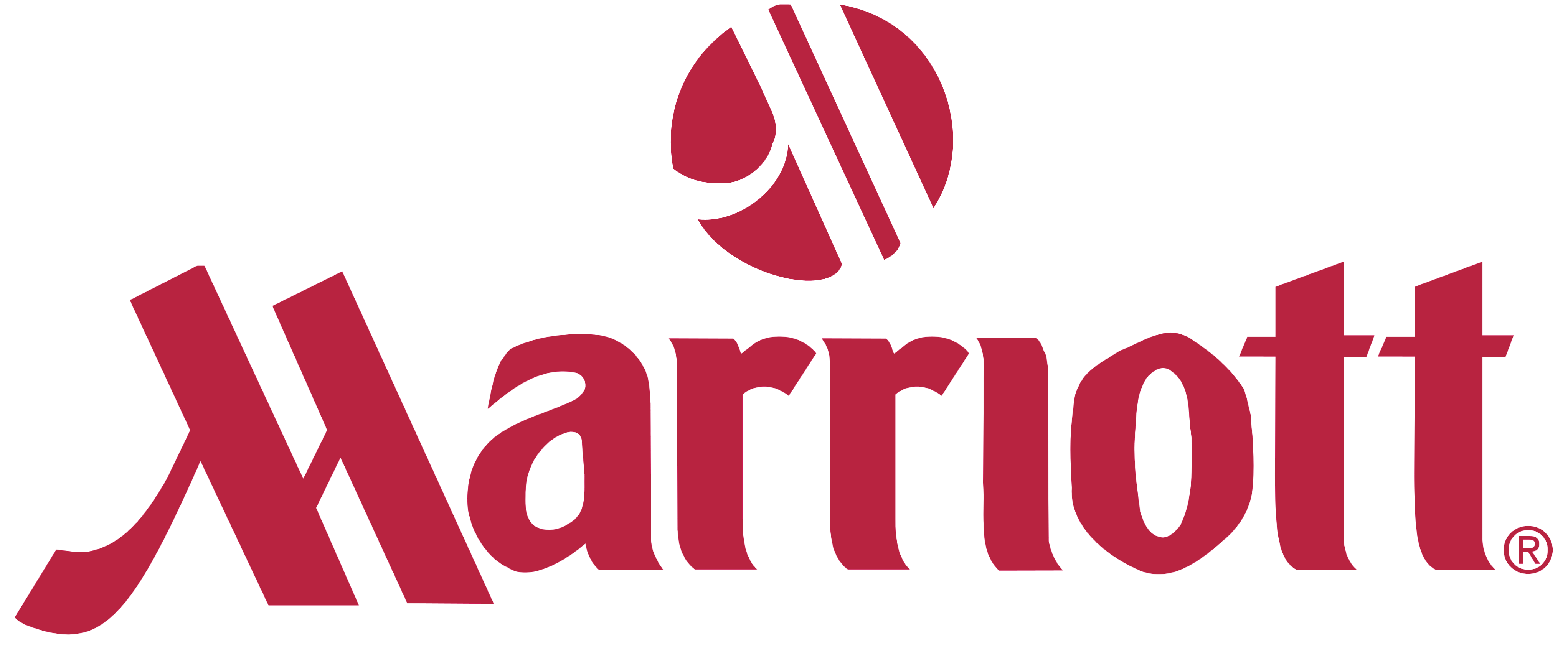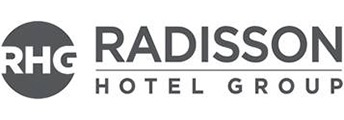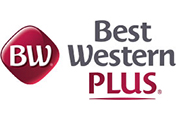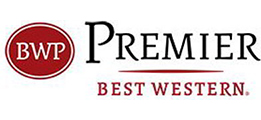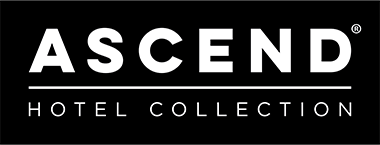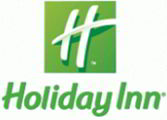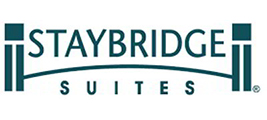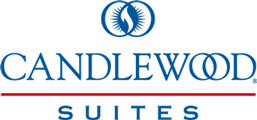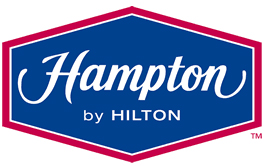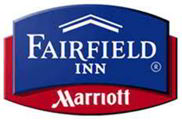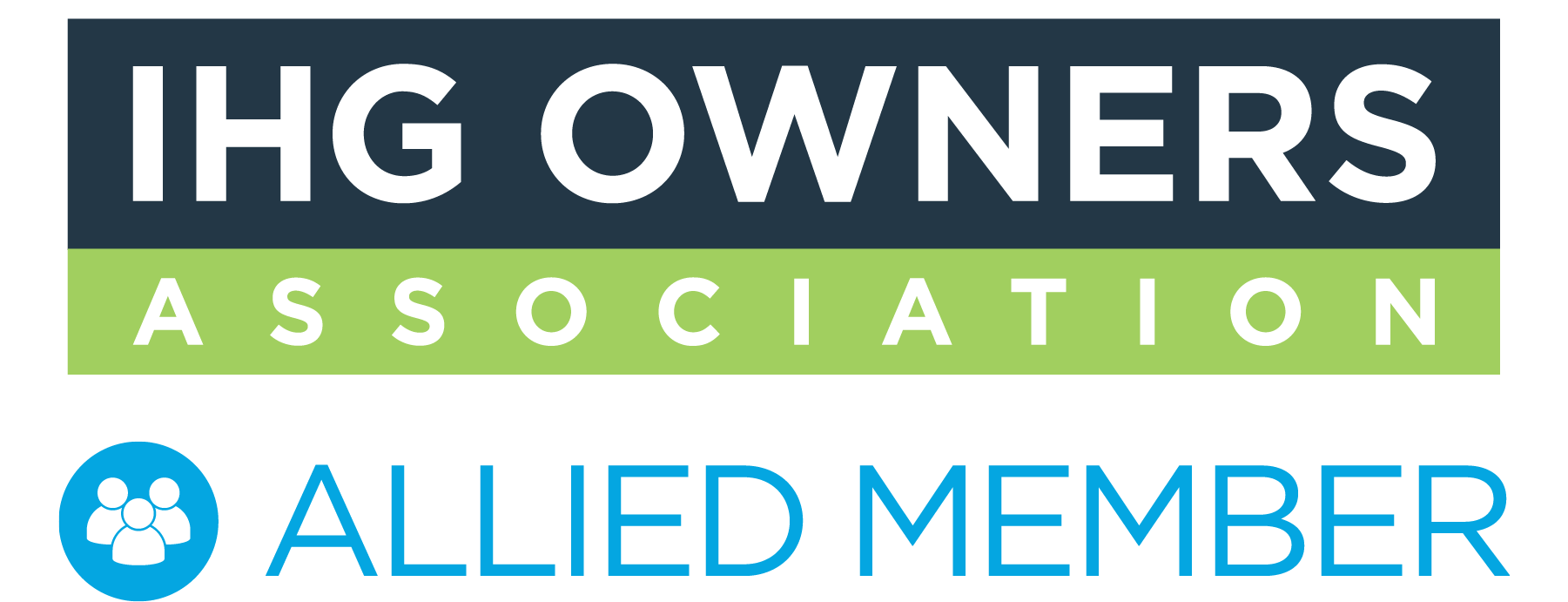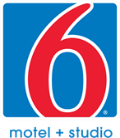Is It Time for a Sales Check-up?
Excerpt from “Room to Grow” by Tammy Gillis
A lot has happened over the past several decades with regards to sales in the hospitality industry. From staffing shortages, and the difficulty in holding on to good salespeople, to the dependency on OTAs (online travel agencies) for base business, to the reality that any salesperson who came into the industry from 2009 to 2019 didn’t have to look too far to find business.
Below the surface, a dangerous trend was unfolding: the sales function wasn’t being properly managed or supported for a time when sales wouldn’t just “happen.” During an economic downtown or an increase in competition such as an oversupply of hotels in your market, those who survive will do so because sales is something they have consistently and effectively managed in good times and in bad.
It’s not that sales teams lacked information and data. Salespeople already had the technology and tools they needed at their disposal, but they were not using the information to better understand the customer. Most were not taking the time to do research, and or not taking the time to understand if they were a fit. On all fronts, it was mostly a reactive environment, and hotel teams became complacent. When the downturn hit, and hit hard, hotels suddenly faced a re-imagined sales environment, one where salespeople could no longer hide behind their desks as phones stopped ringing and incoming inquiries became nonexistent.
The realities of today present an opportunity for those who are willing to make some fundamental shifts in how they approach sales. What do we need to do to elevate sales in the hospitality industry and move forward with a strong sales imperative? Let’s start with a sales check-up.
Sales Check-Up
Here’s some questions to ask when evaluating your sales strategy:
Smiling and dialing: Is your sales team smiling and dialing without adequate planning, research, and preparation ahead of time—frustrated because no one calls them back, and when they do, all the customer wants is a cheaper rate? This is the most common symptom we see. It consumes hundreds of hours of time, with current statistics telling us it takes 18 calls to connect to a single buyer, and in the end, all you’re doing is giving the customer information they can likely find out on their own.
No prospect wants a call from a salesperson who isn’t prepared and is just going to pitch-slap them. Despite the low pick-up rate, salespeople need to be prepared as if a prospect is going to pick up every time.
Cold calling isn’t an effective sales strategy and given the information and tools salespeople have at their disposal, your team needs a sales process and a framework for researching prospects before picking up the phone or sending an email, to make it a warm call.
The revolving door on the sales office: Are you experiencing high turnover in your sales department? Hotels lose momentum and struggle getting traction with their sales efforts. How many salespeople have you hired in the past few years? When you do hire, are you sure what “good” looks like today? In other words, are you clear about the characteristics, skills and the mindset you are looking for in a salesperson?
High turnover and not having the right person in the right seat is disruptive to your business in many ways. It’s expensive to continually hire, train, and ramp up a new person only to have them not work out and have to do it again.
Sales has changed dramatically in the past few years. Sellers need more than just strong product knowledge and interpersonal skills and your management should know how to choose the right salesperson for the right role. Each role profile requires its own skillset and mindset. Keeping good staff is also a challenge because sales isn’t a career most people choose.





